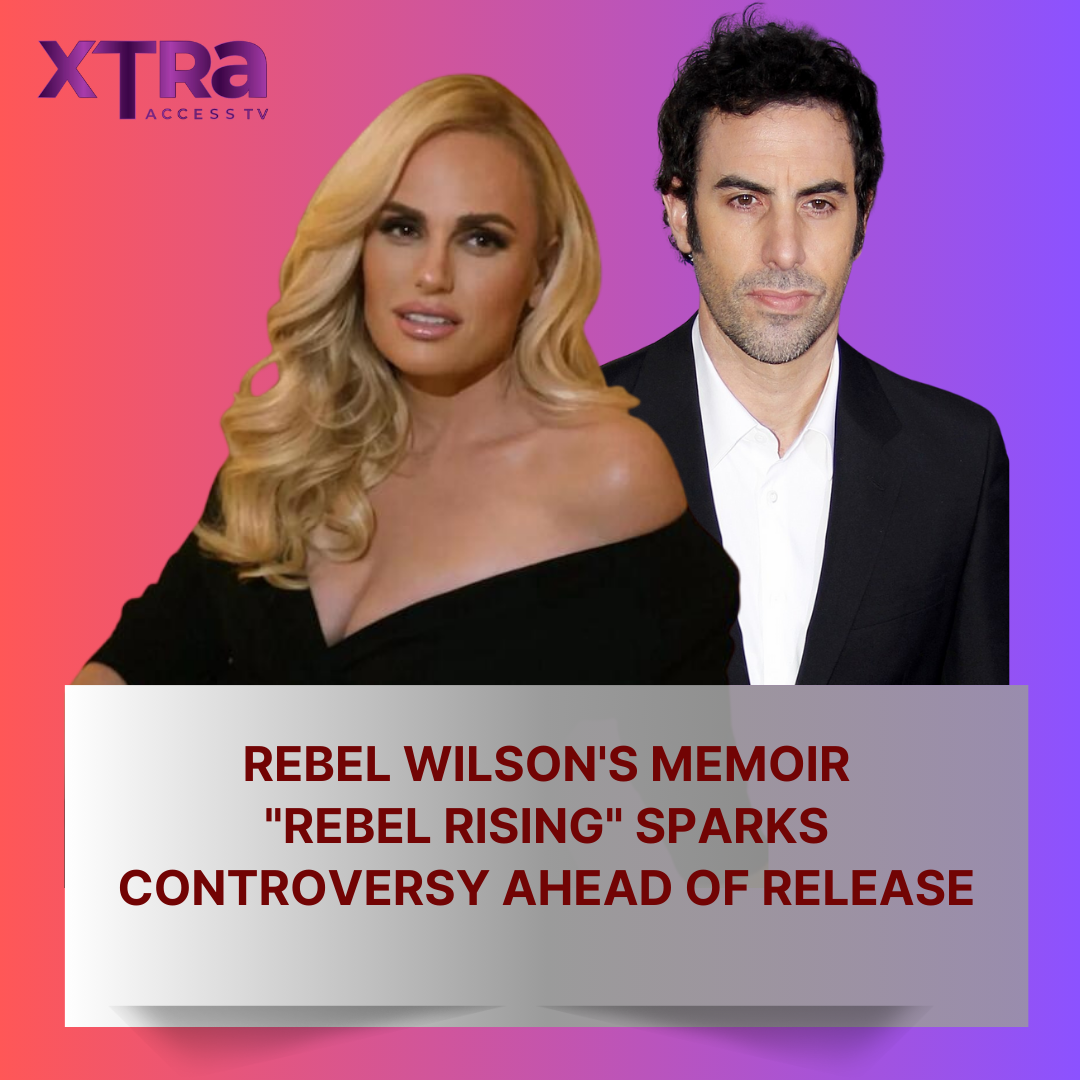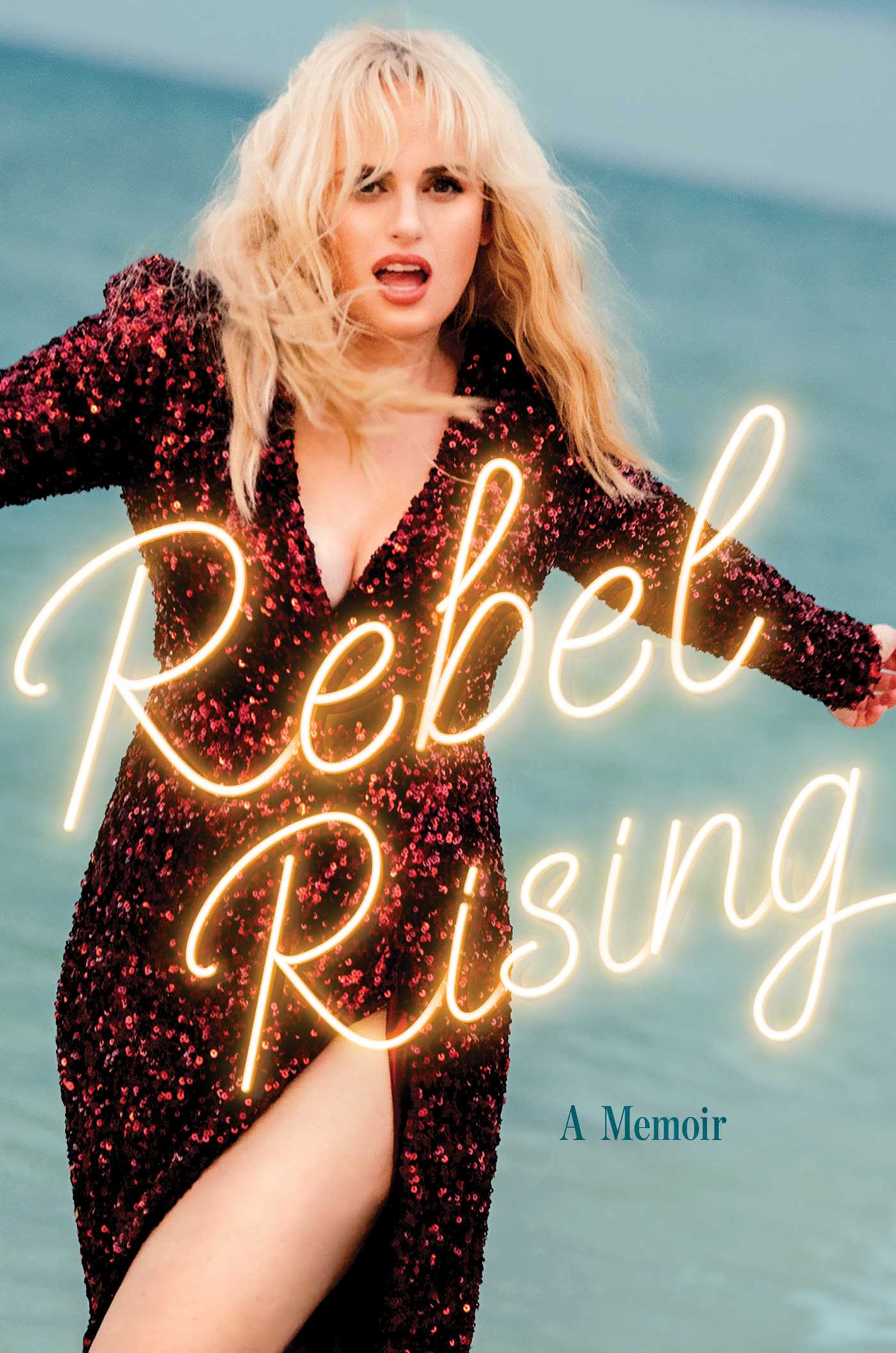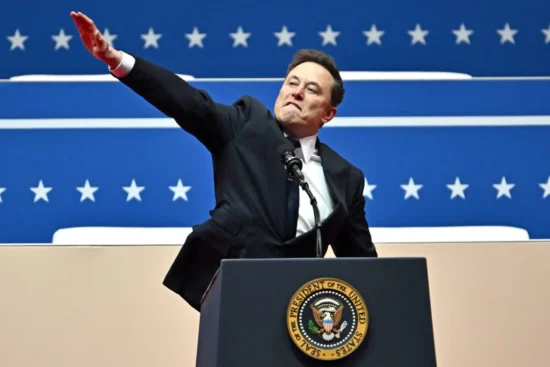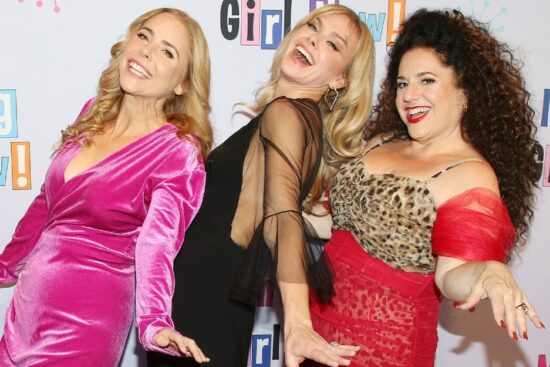

Sacha Baron Cohen did what?!
Did you catch this week’s Pop Culture in Under a Minute, where we quickly addressed this? As the release date for Rebel Wilson’s highly anticipated memoir “Rebel Rising” approaches, the entertainment industry is abuzz with discussions about the revelations contained within its pages. Scheduled to hit shelves on April 2nd, the memoir promises an intimate look into the life and career of the beloved actress, but it’s a specific section that has garnered significant attention even before the book’s official launch.
In a candid and raw account, Rebel Wilson delves into a negative working experience she had with actor and producer Sacha Baron Cohen during the production of the 2016 comedy film “The Brothers Grimsby.” The memoir alleges instances where Wilson felt humiliated and degraded on set, particularly in relation to her physical appearance and the demands made of her during filming.
Among the claims made by Wilson is that Cohen allegedly sought to exploit her physical size for comedic effect, pushing her to perform a lewd act in a scene under the guise of it enhancing the film’s humor. Additionally, Wilson states she faced pressure to film a nude scene that made her uncomfortable, and she was made to watch a stand-in perform the scene on a monitor despite eventually not being required to do so herself. Moreover, Wilson expresses feeling objectified and used as the punchline of a joke due to the way her character was costumed and portrayed.
In response to these allegations, both the producers of “The Brothers Grimsby” and Sacha Baron Cohen have vehemently denied the claims. Cohen, in particular, has taken steps to address the controversy by reportedly hiring a PR crisis manager to counter the narrative presented in Wilson’s memoir.
Wilson, however, stands firm in her account, emphasizing that her decision to share these experiences is not driven by a desire to cancel or vilify anyone but rather to shed light on the challenges faced by women in the entertainment industry. She candidly admits to not speaking up at the time out of fear of repercussions on her career but now hopes that by sharing her story, she can contribute to a more open dialogue about such issues and foster a safer working environment for women in Hollywood.
“The movie bombed, which to me was karma enough,” Wilson writes in her memoir. “I’m not about canceling anybody, and that’s not my motivation for sharing this story. I’m sharing my story now because the more women talk about things like this, hopefully, the less it happens.”
As the release of “Rebel Rising” draws near, it remains to be seen how these revelations will impact the public’s perception of both Rebel Wilson and the individuals involved in the disputed events. What is clear, however, is that Wilson’s memoir has sparked important conversations about power dynamics, representation, and accountability within the entertainment industry.



Leave a Reply